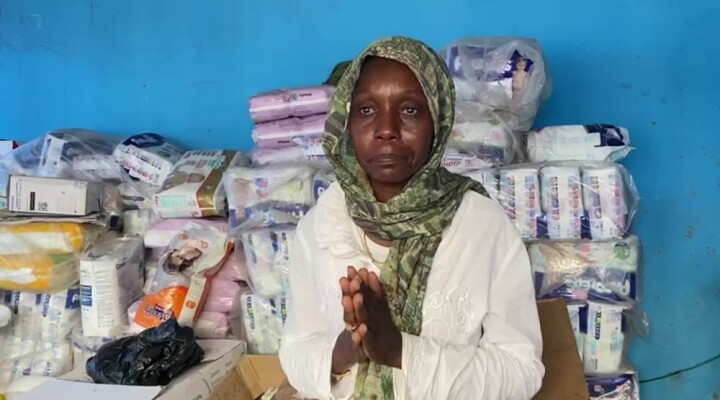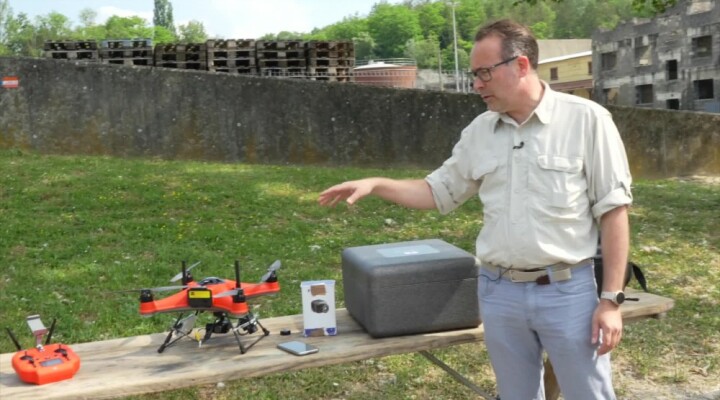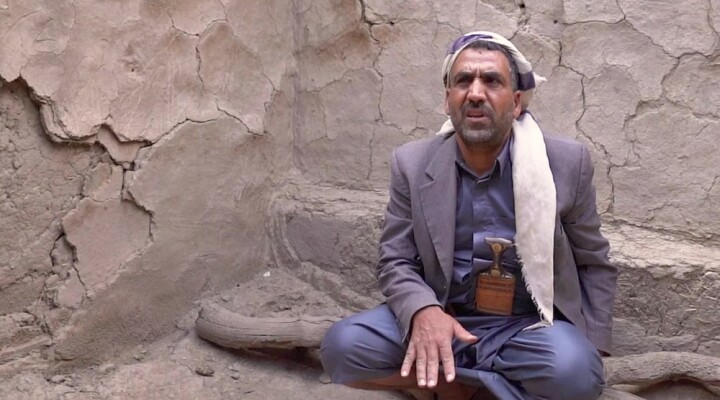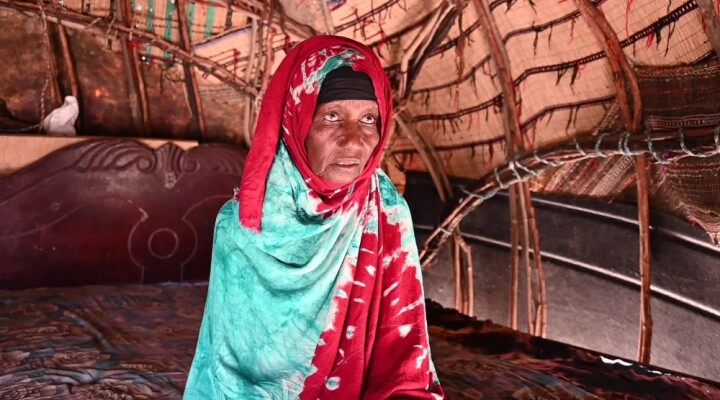Pakistan: Record floods and armed violence
The floods that struck Pakistan in July 2010 went on for almost three months wiping out villages from the far north to the deep south of the country. Considered to be one of the worst humanitarian disasters in recent times, around 11 million people were left homeless and 2,000 killed.
Infrastructure such as bridges and roads were washed away and millions of acres of crops destroyed. One year on and tens of thousands are struggling to recover their livelihoods. A severe natural disaster coming on top of years of fighting is a horrific combination.
In the remote village of Baikana, Buner district, local businessman Abdul Ghafoor is one of the many hit by the double affect of intense fighting and a severe natural disaster. In 1999, he sold his land to fund a hydro electric power plant which ran well for 10 years. 65 year old Abdul Ghafoor says: "Due to the fighting, we left our homes. When we returned, the floods began and destroyed everything including this power station which was our source of income and our only source of power as there is no state power supply here."
Since 2009, military operations, political and sectarian violence and high levels of crime have caused successive rounds of displacement, leaving tens of thousands of residents without basic services. In recent months, there has been a further increase in violence throughout Pakistan.
The International Committee of the Red Cross (ICRC) and the Pakistan Red Crescent Society is working to help victims of the floods and violence. For Abdul Ghafoor and his neighbours, ICRC water engineers have rehabilitated his hydro-electric station which remains the sole power generating facility in the region. In other districts, ICRC engineers have repaired water storage and filtration equipment supplying more than 30,000 local residents.
Abdul Ghafoor explains: "Then the Red Cross team came, surveyed the damaged power station and repaired it and provided us with machinery. Now it is supplying electricity to the people, running the flourmill, people's fans at homes and other machines. We are very happy with it."
In fighting and flood affected areas, employment opportunities are extremely scarce. Bakhtar Jahan is 30 years old and has 5 children. She is the only earner for the family and used to walk to the nearest town each day to find work: "We are very poor people," says Jahan. "Before the fighting in our village, I used to work in the houses of local landlords to make ends meet. Then we had to flee due to the heavy fighting. When we came back, we found the little we had was gone."
Women-led households are particularly marginalised here and often left out of the registration process for relief projects. So the ICRC has designed a project to specifically benefit widow-led families, providing them with cows and calves.
ICRC Livestock Specialist AbuBakr explains: "The price of milk is very high and most widows cannot afford milk for their children. This is why we assist them by giving them cows, so the widows have milk for their children and also once the calf grows, they can sell the cow and get the income."
By selling the milk and meat, these women can have a stable long-term income. Bakhtar Jahan says: "I will work very hard with this cow. I'll take care of her feed and hygiene. If she milks enough, I'll save some and sell it to make some money. Once her calf grows up, I'll sell it for a good price. I'll work hard for this."
In Khyber Pakhtunkhwa, the ICRC has provided 269 micro-economic grants to help people start small business ventures in the districts of Buner and Dir, and within Bagh and Haveli in Pakistan-administered Kashmir.
Extra Information:
- The ICRC and Pakistan Red Crescent Society provided food, water and medical services for over 1.4 million people in 2010



